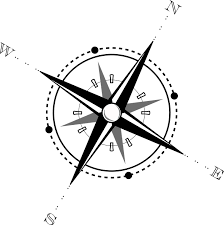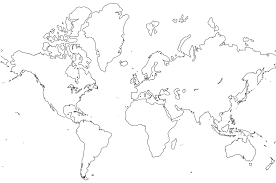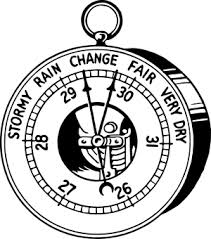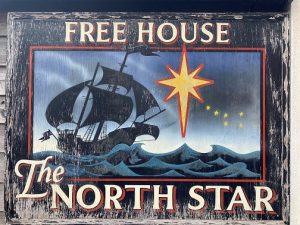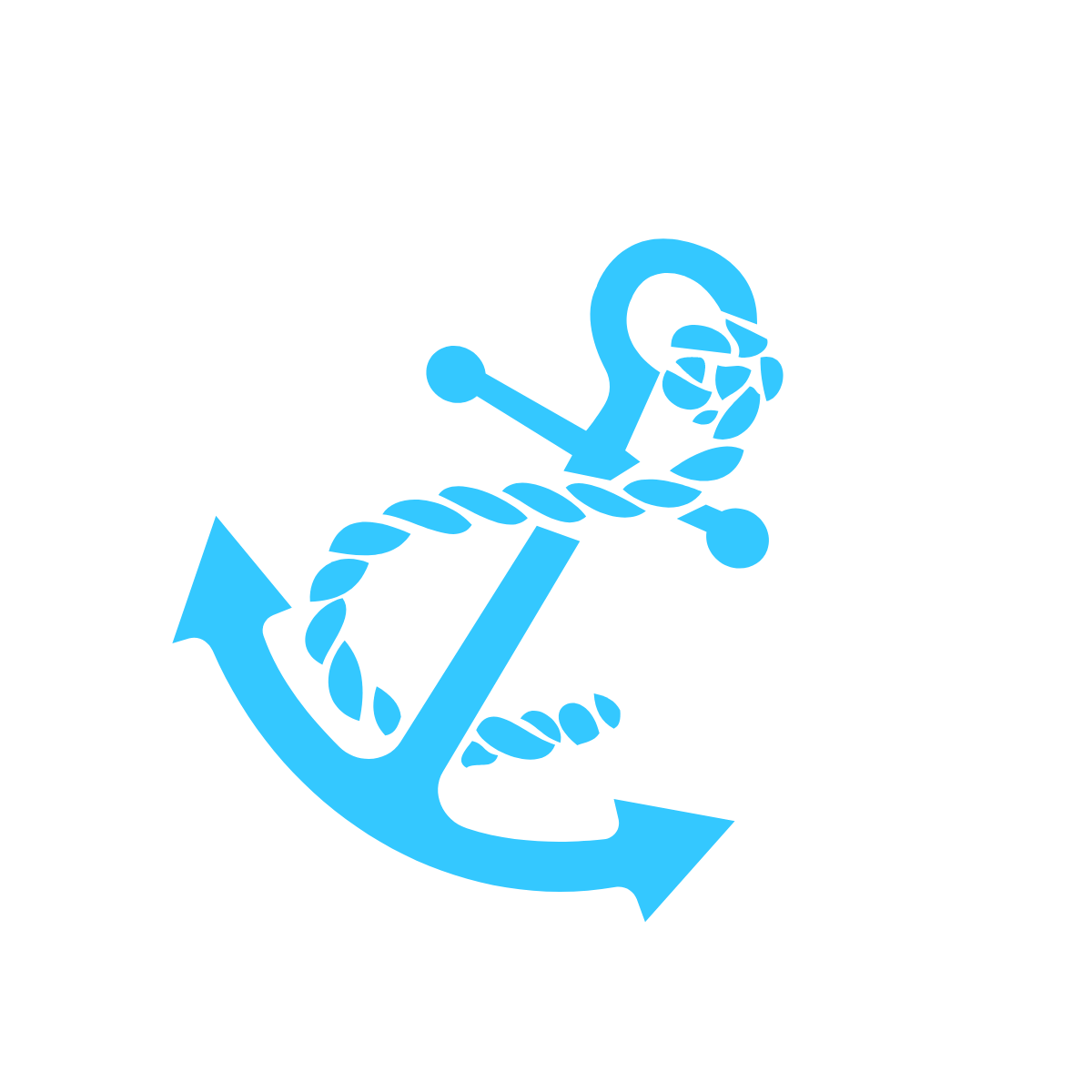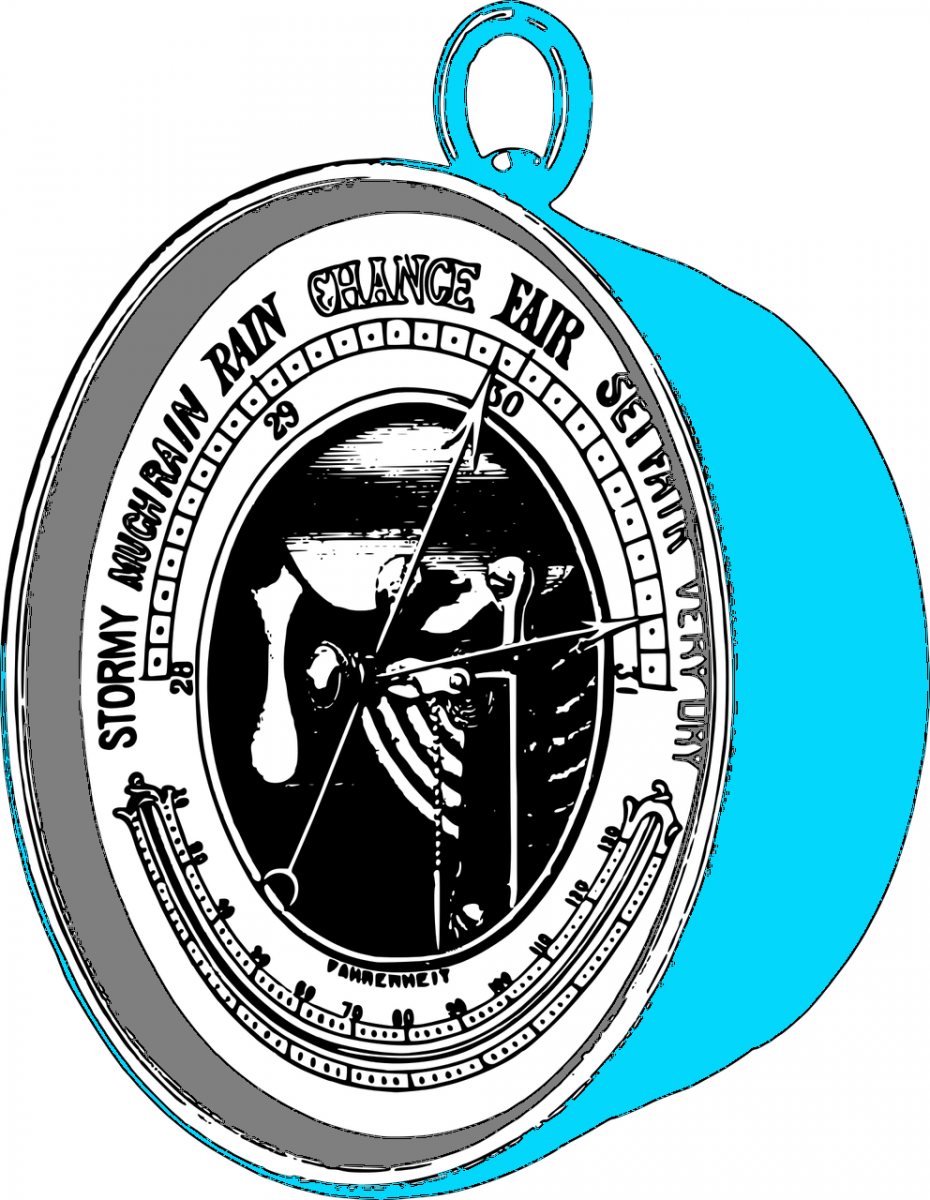Welcome to the harbour.
An important ability for our own and others’ wellbeing is taking perspective and be aware of context: we are never neutral, and all that we perceive is through a filter coloured by our cultural background. An example is to be able to think about what is truly universal when in fact it is more likely a subjective norm in our community. But how to navigate this complex globalised world?
Descartes said: I think, therefore I am. This may be true, but you are not what you think. Consider a different kind of blue-sky thinking – you are the blue sky and the clouds are your thoughts. Some are heavy and opaque, others light and translucent. All will pass but they will also keep coming.
In this complex, globalised environment, we are juggling and trying to make sense of information, views, experience and crises. Aware of these choppy open seas, we can take the opportunity to take stock. With me as your guide, we can talk about where you came from and where you’re heading. This process entails your experiences at work and life in general.
Like any adventurer, explorer, or all of us trying to make sense of this exciting but complicated world, we need to use a compass to identify our position. How do we spend our days and what are some of the key words that define our social identity?
We also want to check the map and articulate where we’re heading. What are the values that are the guiding principles that guide our lives? What or who do we (want to) belong to?
But outside the harbour the weather can be treacherous. A barometer helps to establish when to set sail. How can we make sense of this VUCA world (Volatile, Uncertain, Complex, Ambiguous) and organise macro- and micro-level factors of influence? Specifically, what can we learn from cross cultural differences by looking at our location on the map and compare this to the rest of the world.
Then, once we have planned your destination, you can decide whether you want to drop anchor or keep sailing.
Why North Star? Because it lies nearly in a direct line with the Earth’s rotational axis “above” the North Pole, the North Star (Polaris) stands almost motionless in the sky, and all the stars of the northern sky appear to rotate around it. Therefore, it makes an excellent fixed point from which to draw measurements for navigation (source).
Please note – for serious challenges such as addiction, trauma or mental health, please contact an expert.
An example – to start at home
Our world is an uncertain, volatile yet beautiful place and can be a challenge to navigate. It is a skill to negotiate this ambiguous world whilst balancing self-compassion and exploring life with abundance. My work is a combination of evidence based research, coaching theory and tools and years of experience. For example, Ted Singelis, a psychologist, works on self-concept and personality across cultures and across the life span. You can use this tool to assess if you have an independent or interdependent self construal. It is one example of how such tools help us to understand what is important to us, without attaching a label of whether it is good or bad because there is no ‘neutral’ or baseline. Human beings are complex and can hold multiple identities that are equally important but not always simultaneously active, e.g., parent, CEO, student, Hindu, Belgian, tennisplayer, vegetarian.
Be the skipper
It is not easy to find our way without guidance. We need some tools to help us explore new territories or brave rough waters. Like any explorer, we all need a map, a barometer and compass to figure out our current position, where we are heading and be prepared for changes in our present condition.
If you feel you want advice from someone who is not a therapist but does know psychology and who has worked with professionals for over 25 years, then be invited to contact Dr. Nathalie van Meurs. We will look backwards to identify some experiences that have shaped who you are, to then look forward and identify where you want to go.
The approach is simple: We will make an assessment of your current position and assess what immediate challenges are on the horizon. We will then dive deeper and assess your core values – these are the guiding principles that drive our behaviour. It is important to evaluate who is in your circle of influence and introduce you to some useful tools to do your own asssessment of your community. We will explore what kind of mindfulness, meditation and psychological thinking can help you navigate this complex world more easily, keeping in mind that much of how we perceive the world is through culturally subjective lenses. We will complete the journey through metaphors of nature: your river of life and your current state of mind that, by this point, involves a different kind of blue sky thinking.
The process will take between six to ten sessions. Then it’s time to go forth with fair winds and following seas.
Kind regards, vriendelijke groet
Dr. Nathalie van Meurs (she/her)
Senior Fellow HEA, D.Phil Sussex University, PG Cert HE.
Co-Founder, Director and Secretary Dutch Academic Network in the UK
Coach and EMCC Global accredited Professional Coaching Diploma student 2021-2022
Race Equality Charter Institutional Bronze Award application Survey Design & Data Analyst
Senior Lecturer UG International Management, MBA Cross Cultural Management & Ethics, PhDs, DBAs, MAs.
Management, Leadership & Organisations Department
Faculty of Business & Law
Middlesex University
Latest research:
Van Meurs, N., Coen, S. & Bull, P. (2021) Ideology and Culture. In: The Psychology of Journalism by Sharon Coen and Peter Bull (co-editors). Oxford University Press. ISBN: 9780190935856
Fischer, R., Ferreira, M. van Meurs, N., Gok, K., Jiang, D., Fonteine, J., et al Does organizational formalization facilitate voice and helping organizational citizenship behaviors? It depends on (national) uncertainty norms. (2019) Journal of International Business Studies. Online publication Gold Access.



